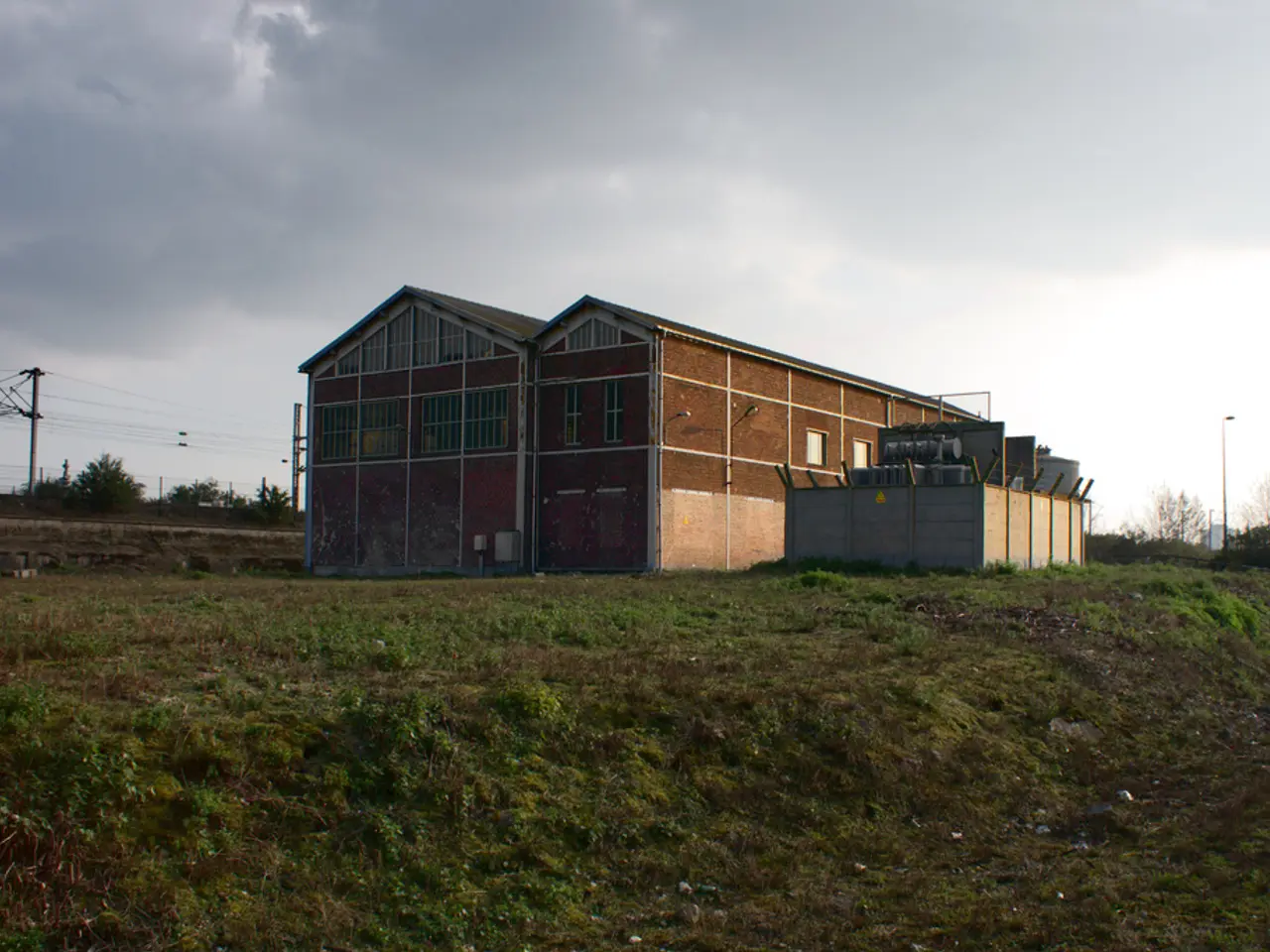Companies operating electricity grids allegedly receive incentives to not maintain power plants, according to a union's assertion.
In March 2025, a significant incident occurred at the North Hyde substation near Heathrow Airport, causing over 1,350 flight cancellations and estimated economic losses of £1.2 billion. This event has brought to light three critical vulnerabilities in the UK's energy infrastructure: aging infrastructure, lack of redundancy, and cybersecurity gaps [1].
The fire was traced back to a fault detected seven years before the incident but left unaddressed, raising questions about the effectiveness of Ofgem, the UK's energy regulator [2]. Criticism centers on Ofgem's historical focus on approving investment plans and issuing fines only after failures occur, rather than proactively monitoring ongoing maintenance and risk management.
The Heathrow fire has exposed a regulatory failure to challenge and monitor risk management adequately, prompting calls for a more proactive and preventative approach to safeguarding the electricity network's stability and security [2].
The substation's transformers and backup systems were likely decades old, leading to equipment failure or insulation degradation. Heathrow's dependence on a single substation without backup power sources intensified the outage's impact [1]. Additionally, the fire suppression system in the substation was out of service at the time of the incident [1].
The aging infrastructure, lack of redundancy, and cybersecurity gaps have been compounded by concerns about the maintenance and resilience of Britain's electricity networks. Prospect, Britain's largest trade union, claims that electricity networks are not investing sufficiently in maintenance, citing a failure to replace transformer parts with high moisture levels last serviced in 2018 [3].
Moreover, engineers working in the networks have reported that assets have not been renewed or improved for a long time [4]. Prospect argues that the current regulatory system disincentivizes prompt maintenance, as it values efficiency and cost reduction over maintenance work [4].
In response, regulators and policymakers have moved to fast-track resilience mandates such as the Smart Secure Electricity Systems (SSES) Programme, which requires grid operators to meet higher standards for cybersecurity and redundancy by 2027 [1][2][5]. The regulator has launched investigations demanding that network companies properly maintain their equipment to prevent similar failures [1][2][5].
The role of regulation is thus pivotal: beyond overseeing investment, it must enforce continuous maintenance and resilience planning to avoid preventable outages. Strengthened regulation and investment in modernization and risk mitigation are crucial to improving the resilience of Britain's electricity networks and preventing future disruptive failures [1][2].
Despite the concerns, it is worth noting that all transmission operators reported "exceptionally strong levels of network reliability and surpassing their annual targets to minimize electricity loss" [6]. Moreover, 87% of transformers on National Grid's high-voltage transmission network were within their normal maintenance cycle, above the company's target of 85% [6].
However, the union argues that companies prefer to use existing assets instead of building new ones and are not maintaining their old infrastructure adequately [4]. Prospect has raised concerns about the resilience of the network with Ofgem and has highlighted increased pressure on the workforce due to demand for new electricity connections for wind and solar farms [7].
In conclusion, while Britain's electricity networks have shown resilience in some areas, the Heathrow fire incident has underscored the need for improved maintenance, modernization, and regulatory oversight to ensure the continued reliability and efficiency of the UK's energy system.
- The business sector and industry observers are calling for a more proactive regulatory approach in finance, as the Heathrow fire incident suggests that Ofgem, the UK's energy regulator, may not be effectively monitoring ongoing maintenance and risk management.
- The energy industry is grappling with concerns about the maintenance and resilience of Britain's electricity networks, with Prospect, the country's largest trade union, asserting that electricity networks are not investing sufficiently in maintaining their infrastructure, causing issues such as high moisture levels in transformer parts.
- The aging infrastructure, lack of redundancy, and cybersecurity gaps in the UK's energy industry, exposed by the Heathrow fire incident, could potentially lead to future disruptive failures if regulatory action is not taken to enforce continuous maintenance, modernization, and risk mitigation.




